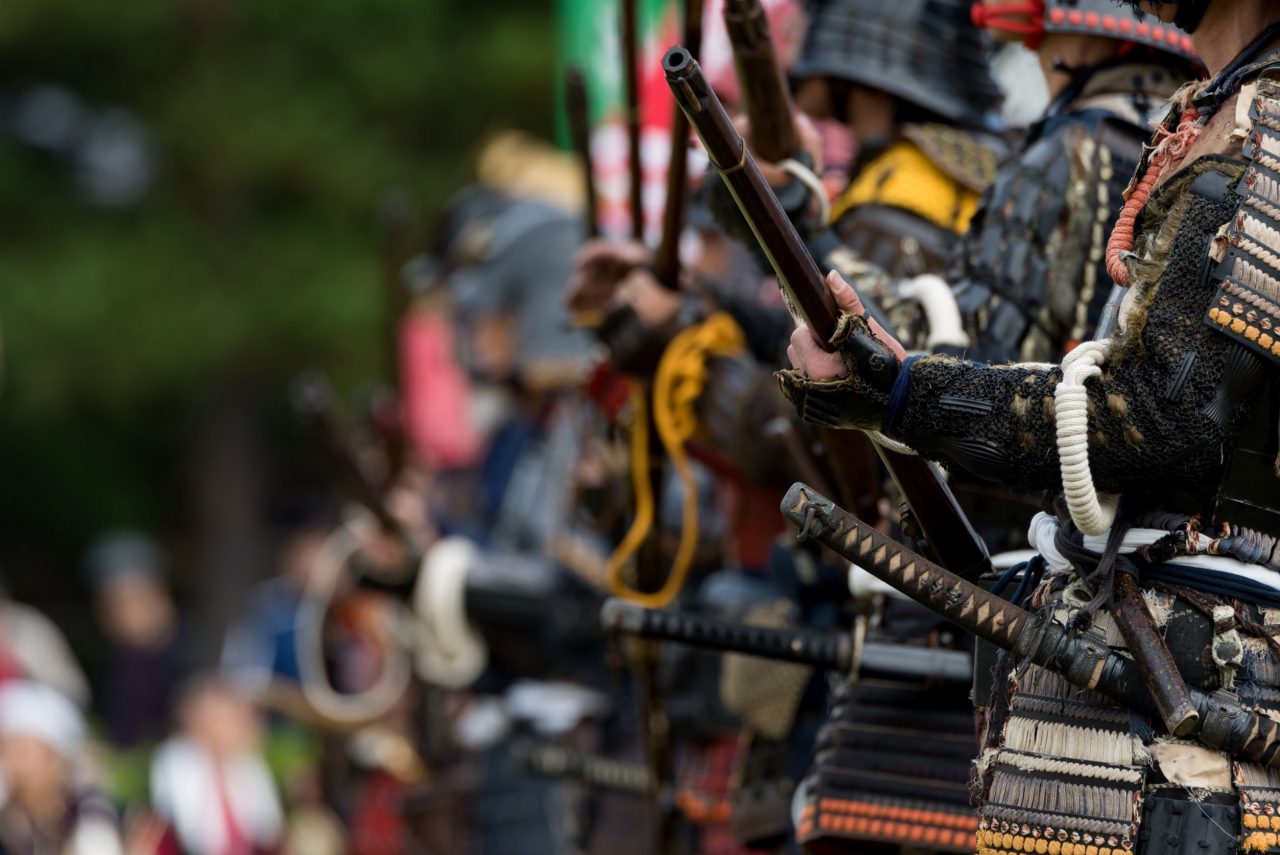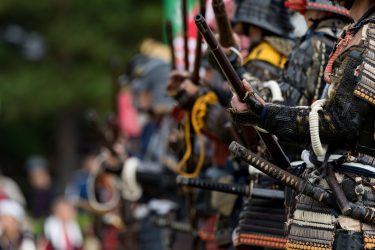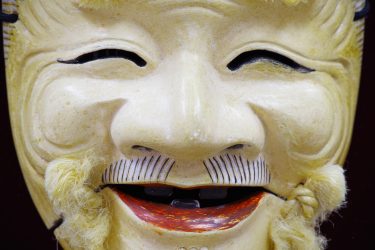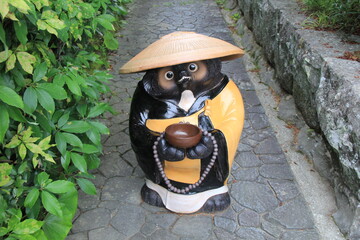“A superior ninja (Jyonin) is a man with no sound, no smell, no praise for his wisdom, no fame for his valor, whose deeds are like the creation of heaven and earth. (Bansenshukai)”
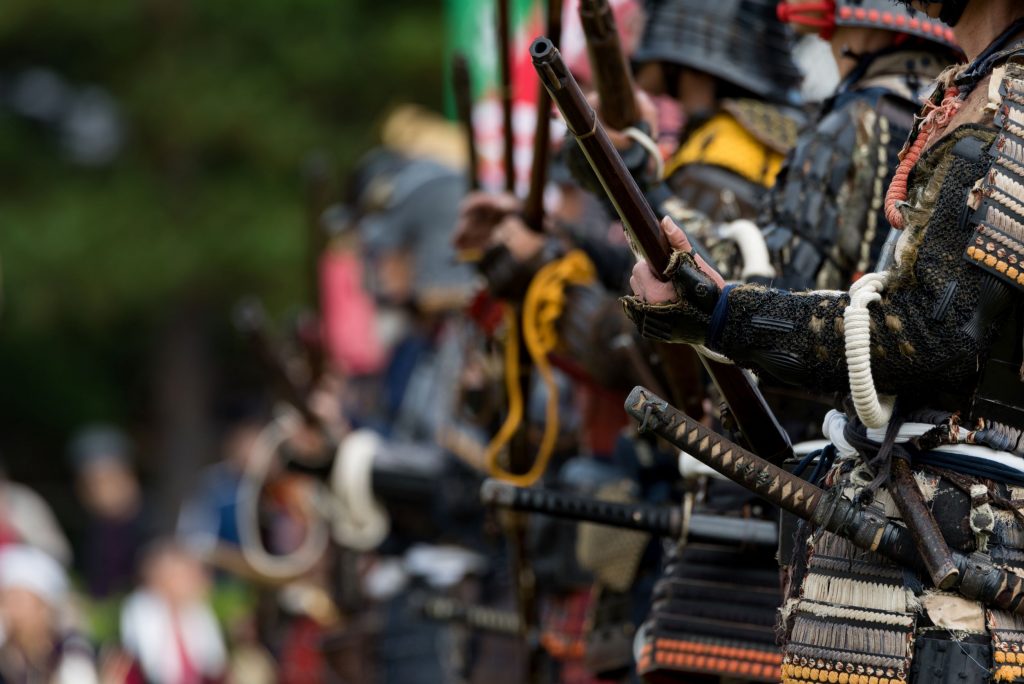
A ninja’s mission was primarily about gaining useful information to avoid unnecessary battles. Another duty was to increase the odds of survival, such as stealthily saving the lives of warlords and other influential or reducing the scale of warfare. Their work helped to prevent the loss of troops and provisions and minimized the chaos in the battlefield during times of prolonged warfare.
Sun Tzu said, “One hundred victories in one hundred battles is not the best of goodness.” (Meaning, even if you fight a hundred times and win a hundred times, that is not the best way to win. The best victory is to bring the enemy to its knees without fighting.) The greatest weapon to win without fighting in vain was useful information. It was essential to know the land well, interact with various people in all directions, and to be able to read the current trends in order to select information wisely in those times. Knowing that this work would help create important strategies, ninja were able to remain devoted to the collection of highly accurate information.
Ninja never announced themselves to the public, even after having fulfilled their duties. The purpose of their work was not to show off their achievements or to gain power or land.

The subtitle of this article about the Jyonin describes how a superior ninja is supposed to perform their duties. Just like nature changes over long periods of time without being noticed, the work of the ninja should not stand out from its surroundings, nor should it earn its name in history. It should be so humble and nonchalant that it does not appear to be the work of man, but rather a natural process of time.
Back when warfare was inevitable, ninja worked in the shadows, hoping for peace for their families and communities. They could have gained status in society with their superior abilities, but doing so would have inevitably caused various conflicts and put their hometowns and loved ones at risk. Therefore, they quietly performed their duties without making a name for themselves and continued to live long frugal lives. This was the way they chose to live, and perhaps living as a ninja was their “strategy” for survival.


